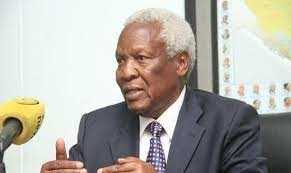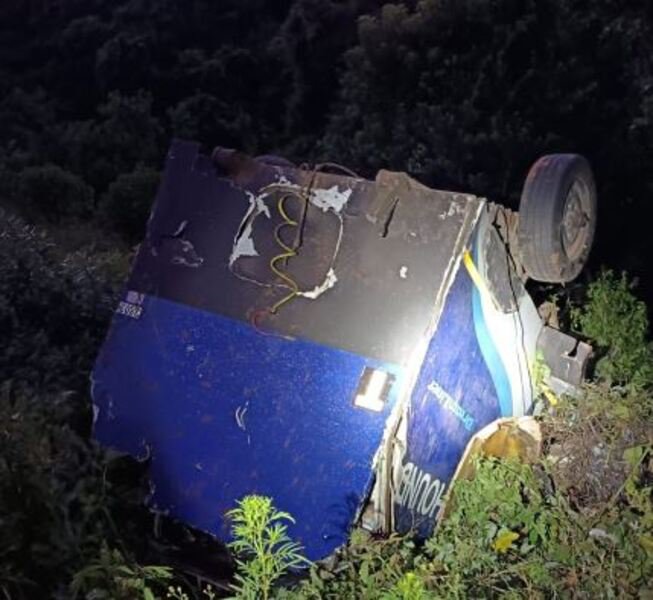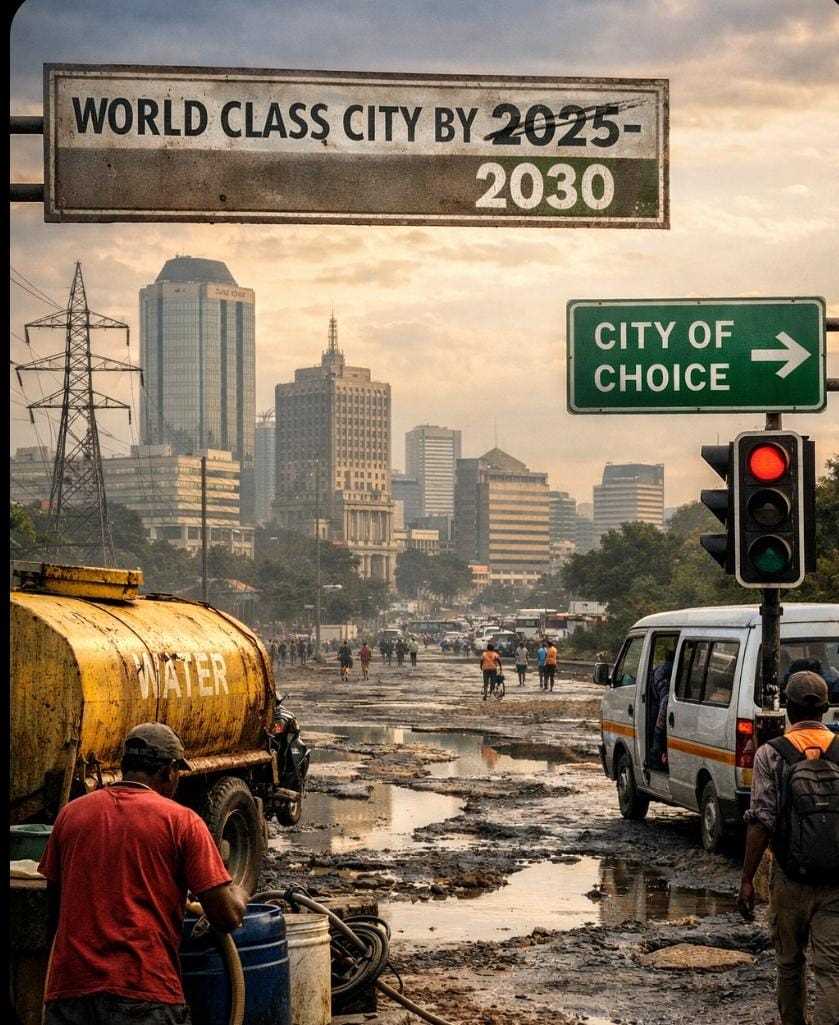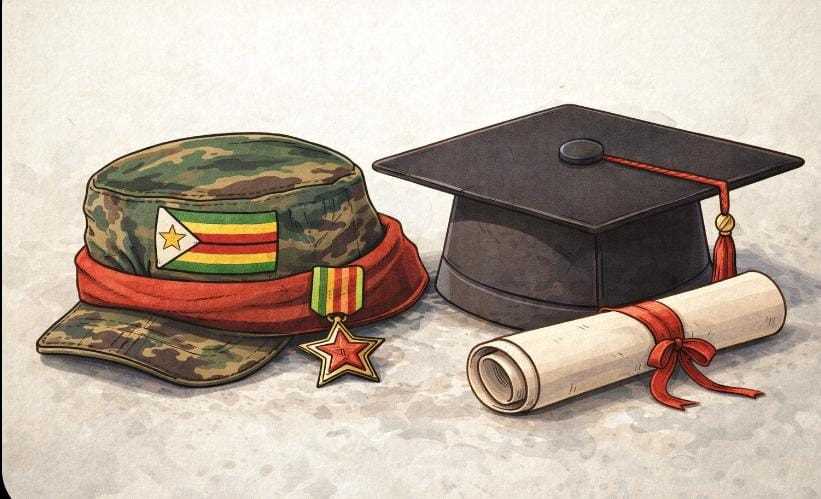
The United Nations says the Zimbabwean government has shared critical information hidden by Rhodesians, in the on-going investigations into the death of former UN Secretary-General, Dag Hammarskjold in Ndola, Zambia in 1961.
“In 2019, new information emerged relating to Julien’s (the sole survivor in the crash) stay in the Ndola hospital, provided by the Government of Zimbabwe to the current UN inquiry. This fresh information reveals that the Rhodesian authorities actively sought to prevent Julien’s (the sole survivor of the crash) statements about the flight and the crash from being made public,” reads part of a report summarised by British researcher and author, Dr Susan Williams.
Hammarskjold, a Swede, died on 18 September 1961 on his way to negotiate a ceasefire between UN peacekeepers in the Congo and separatists from the breakaway Congolese region of Katanga.
His DC-6 aircraft crashed near Ndola, in the then Northern Rhodesia (now Zambia), killing Hammarskjold, the crew and 15 members of his entourage. The first inquiry carried out by the Rhodesian authorities concluded that pilot error was the cause of the crash but this has since been challenged by numerous researchers and investigators.
Eyewitnesses testified seeing another plane and flashes in the sky but their testimonies were contemptuously dismissed on racial grounds by the Rhodesian authorities.
The case was reopened by the UN in 2017 under Rtd Chief Justice Othman, who called for the appointment of independent officials to oversee the combing of archives in countries that might have relevant information.
Harold M. Julien died six days after the crash, more as a result of neglect than sustained injuries. Rhodesian authorities had the capacity to transfer him to a better health facility in Salisbury, South Africa, UK or the United States but chose to keep him in Ndola as they did not want him to survive
Dr Williams’ 2011 book, Who Killed Hammarskjold and recommendations from a group of eminent jurists in 2013 prompted the reopening of the UN inquiry in 2013, leading to the appointment of Rtd Chief Justice Othman to lead the investigations.
Zimbabwe’s efforts in the investigations were also recently highlighted at a conference held in London last Friday (29 February). The conference included online participants from Harare, Lusaka and Cape Town.
United Nations Assistant Secretary-General for Legal Affairs, Stephen Mathias, gave an update on the inquiry, which is seeking archive documentation from member states. He alluded to the Zimbabwean government’s submission of evidence citing Rhodesian intelligence officials intercepting UN communications in Katanga.
Related Stories
Participants who included researchers, diplomats, history experts and journalists raised concerns on the reluctance by the United Kingdom and the United States to open up intelligence files that could be helpful in unravelling the real cause of the crash.
The consensus among researchers is that the plane crash was not an accident or caused by pilot error. Recognising the likelihood of key information held in member states’ intelligence and security archives, Rtd Chief Justice Othman requested respective governments with a link to the crash to appoint High-Level independent officials to conduct searches.
Dr Sydney Sekeramayi was appointed by President Emmerson Mnangagwa to lead the Zimbabwe chapter of investigations and has so far submitted five reports with new information and possible leads. Dr Sekeramayi is deputised by Rt Brigadier General Asher Walter Tapfumaneyi, who is the chief investigator and four other assistant investigators — Wing Commander Blessing Mundawaro Mhindo, Colonel Sizani Moyo, Brenda Kazingizi-Nyika and Lovemore Ranga Mataire.
While Belgium, Sweden, and Zimbabwe demonstrated serious efforts, the US and UK showed contempt for the inquiry. Participants at the London conference accused the US and the UK of obstructing the ongoing investigation into the crash and agreed that Justice Othman’s mandate be extended. The two countries were accused of dragging their feet in handing over potentially vital information.
Despite overwhelming support for Justice Othman’s mandate within the UN General Assembly, the UK and the US have consistently declined to co-sponsor further resolutions for renewal. This underscores the challenges faced in obtaining transparency and cooperation from key UN member states.
In contrast, firm support was shown by the presence at the London conference of the Zambian High Commissioner to the UK, Ms Macenje Mazoka, and others from the global south, especially from Africa, including the Archbishop of Cape Town, Most Rev Thabo Makgoba.
In his contribution, former British High Commissioner to South Africa, Rt Hon Lord Paul Boateng said: “The work must continue because it is part of a wider struggle to support democracy, the international rule of law, and the UN, all under increasing threat. There must be no stone unturned to get at the truth. The suspected murder of the UN Secretary-General is a crime too grave to be obliterated by time.”
Director of the Institute of the Commonwealth Studies, Professor Kingsley Abbot, said it was unfortunate that the apparent killing of a United Nations Secretary-General had revealed yet another example of the divide between the global north and south.
The conference was organised by the Institute of Commonwealth Studies at the School of Advanced Study, University of London and the Westminster United Nations Association. – The Sunday Mail


















Leave Comments